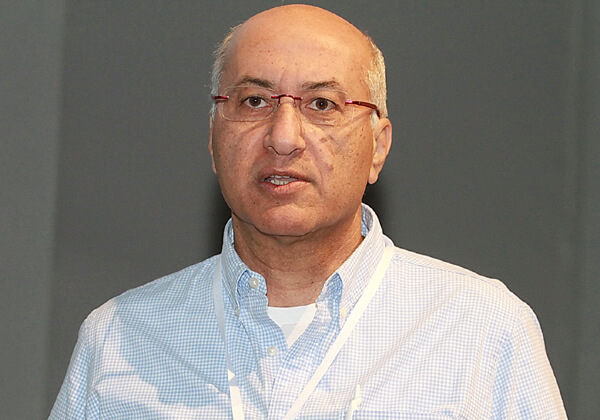
(Image credit: Jajah-sireenut via Getty Images)
Imagine being on a first date when you feel the need to toot your own horn — that is, pass gas. The average person releases about 0.5 to 1.5 liters (0.1 to 0.4 gallons) of gas a day. Most of these farts are odorless, but it’s rarely acceptable to take the chance and break wind. Whether in the workplace or with friends, we all clench our cheeks from time to time.
But what does holding in flatulence do to our bodies? Gas is a natural byproduct of digestion, and holding it in can cause discomfort, bloating and even nausea. But according to Dr. Ellen Stein, a gastroenterologist at RWJ Barnabas Health in New Jersey and a spokesperson for the American Gastroenterological Association, the body has other ways of handling this gas buildup.
“There’s lots of different changes and cycles that happen with the bacteria that’s in our gut that helps us to digest,” Stein told Live Science. “The good news is that we have a process for it; the bad news is that gas has to pass eventually.”
From the moment you take a bite of food, your body begins breaking it down mechanically and chemically. For instance, your teeth mechanically mash the food, and your saliva breaks it down chemically. As food travels down the digestive tract, it’s broken down further in the stomach, small intestine and large intestine. Microbes in the gut help break down the food into its most basic building blocks. Then, these building blocks can be absorbed into the bloodstream and delivered throughout the body as energy.
But not everything in food can be used by the body, especially if the body can’t fully break down certain substances. For example, people with lactose intolerance don’t make enough of the enzyme lactase in their small intestine, so lactose, a sugar in dairy products, stays and ferments in the digestive system, causing symptoms such as bloating, diarrhea and excessive gas.
However, gas builds up even in typical digestion. According to the American Society for Microbiology, hydrogen sulfide (which can cause the rotten-egg smell in farts) is made by friendly bacteria in the gut that breaks down proteins. Farther down the digestive tract, carbohydrates are broken down in the large intestine, and their byproducts of hydrogen and methane are added to the gas building up in the body. Even oxygen and carbon dioxide can be present in the gut, taken in when a person swallows food, Stein said.
Related: Which foods make the smelliest farts?
Farts are the natural way the body handles this unneeded gas. But before this gas can be released, it hits the anal sphincter. “That’s the last stop: the control center … that tells you when to release a fart,” Stein explained.
The external anal sphincter is the only part of the digestive process we have conscious control over. So, if we decide the time is not right to pass gas, we constrict the sphincter and the fart is trapped. Without a backdoor to escape from, the gases recede back into the colon.
But primarily, the body is trying to push gas out. So farts that are ignored during the day are mostly released during bathroom breaks or as the body relaxes in sleep at night.
While there is a time and place to let a toot loose, Stein said, always holding it in can be bad for the bowels over time. Small pockets called diverticula can form in your colon from the stress of consistent bloating, and they can become harmful if infected.
“Can you injure yourself by never passing gas?” she said. “Yes, the same way you can injure yourself by never pooping.”
Note: This article have been indexed to our site. We do not claim legitimacy, ownership or copyright of any of the content above. To see the article at original source Click Here











